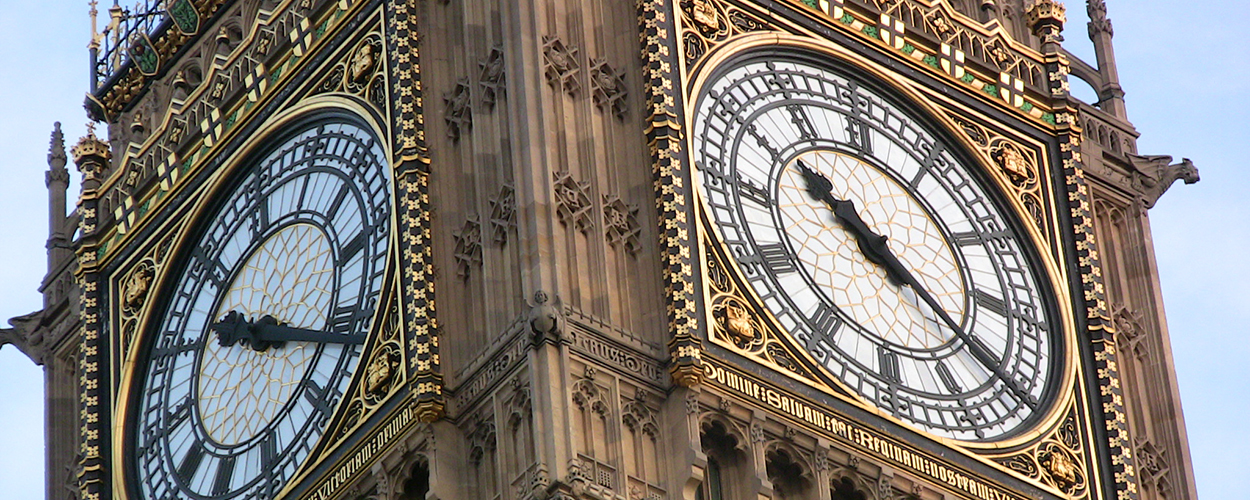This website uses cookies so that we can provide you with the best user experience possible. Cookie information is stored in your browser and performs functions such as recognising you when you return to our website and helping our team to understand which sections of the website you find most interesting and useful.
Business News Labels & Publishers Legal
UK Music calls on British government to back safe harbour reform in Europe
By Chris Cooke | Published on Monday 10 July 2017

Ah, value gap, value gap, value gap. Won’t someone close the bloody value gap? Or everyone could just shut up about it. Either would do.
The newish boss of UK Music, Michael Dugher, has written to British culture minister Matt Hancock encouraging him to lobby hard for safe harbour reform in Europe as the much previously reported draft EU copyright directive continues to go through the motions, and especially when it comes before the council where member state governments consider and approve the proposals. You know, the bit of European democracy Hancock’s Brexity colleagues in the Conservative Party like to pretend doesn’t exist.
The draft copyright directive includes an article seeking to reform the safe harbour that, the music industry argues, is exploited by platforms like YouTube to secure much better deals from record companies, music publishers and collecting societies, and in doing so creating this ‘value gap’ in the digital music sector. The current draft of the safe harbour article is a little bit waffley, and both the music industry and the tech giants are trying to get the clause amended to their advantage.
Going over old ground, Dugher writes: “User-upload streaming services such as YouTube pay only a fraction of the royalties of other music services despite being the most popular source of music consumption by far. That estimated revenue generated per user is $20 for Spotify, compared with less than $1 for YouTube, clearly demonstrates the existence of a ‘value gap’ that distorts the online music market”.
He goes on: “This significantly reduces the amount of money composers and performers receive for their creative endeavours from user-upload streaming services when compared to licensed streaming services such as Spotify and Apple Music. Not only are composers, performers and music businesses losing out, it also interferes with establishing a functioning market. Digital music services cannot operate on a level playing field as a result”.
Bringing it all back to safe harbour, Dugher continues: “Excuses are put forward by user-upload streaming services that they are purely passive hosting services and should therefore be exempt from liability. This should not be accepted. These services play an active role for commercial purposes, meaning they should not be entitled to an exemption from liability. Information society services have developed considerably in the last seventeen years, when the exceptions were introduced in the E-commerce Directive 2000, and will only rarely be limited to a passive role”.
To that end, he says, “amendments clarifying that there is no ambiguity and that user-upload streaming services are liable for music should be supported”.
Any amendments to the contrary should be resisted, he adds. “The European Parliament IMCO Committee provided its opinion on 8 Jun and suggested the introduction of a user-generated content exception to the directive. This would only really benefit the commercial interests of digital providers of online sharing platforms”.
“Given the wide scope of the exception, including reference to entertainment, there is a concern that if put into practice it could have a devastating impact on commercial negotiations. This could have a profound impact on the creative community with rights holders having to initiate expensive legal proceedings to establish the actual boundaries of such an exception”.
So that’s all lovely isn’t it? Value gap, value gap, value gap. Safe harbours, safe harbours, safe harbours.





